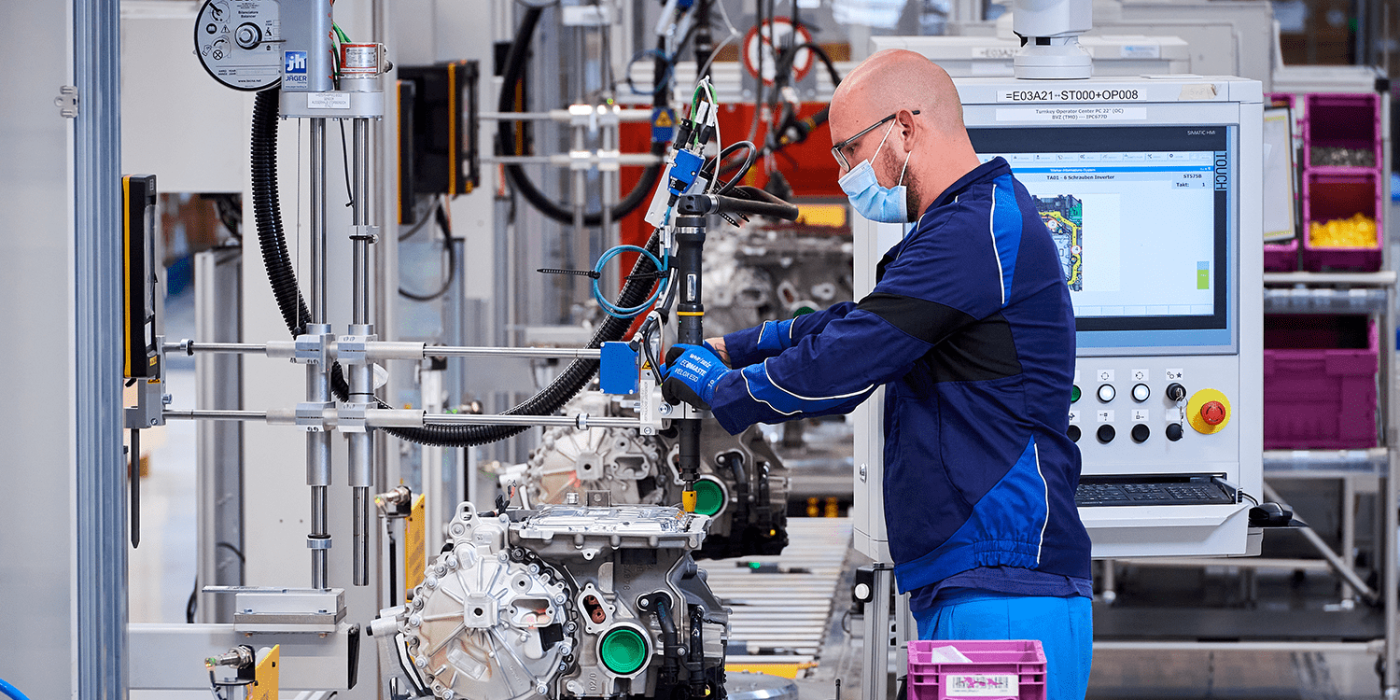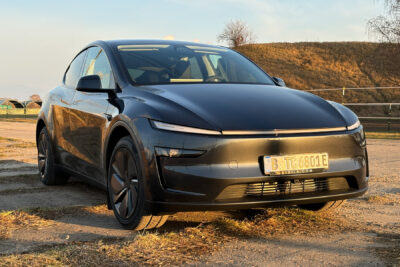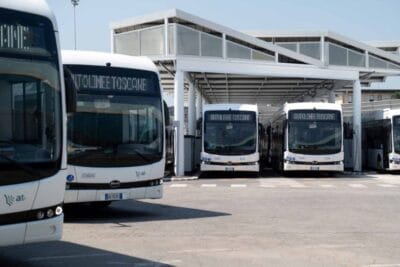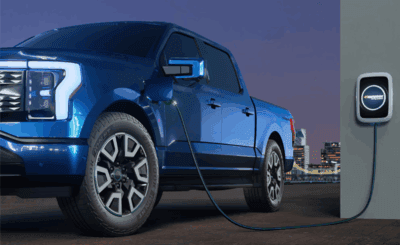BMW opens Competence Centre for E-Drive Production
BMW has opened the Competence Centre for E-Drive Production at its largest European manufacturing site in Dingolfing in southern Germany. Here, the BMW Group will produce electric drive components for electrified vehicles.
The German vehicle manufacturer is planning to set up a further four lines so that the location will significantly increase its production capacity. BMW has announced that by 2022, Dingolfing should be able to produce electric drives for over half a million electrified vehicles per year.
At the Competence Centre for E-Drive Production BW will produce battery modules, high-voltage batteries and electric motors on eight production lines. BMW says it will invest more than 500 million euros in the competence centre over the next few years. In the medium term, around 2,000 employees will build electric motors, assemble battery modules and assemble them into ready-to-install battery packs. BMW announced in February that it would increase the production capacities and the number of employees in its electric drive production competence centre in Dingolfing faster than originally planned due to high demand, as it was said at the time.
“We continue to ramp up electromobility and set standards for the transformation of our industry. At the same time, we will produce a mix of fully-electric vehicles, plug-in hybrids and models with a combustion engine on a single line, as required by demand, so we can offer our customers the ‘Power of Choice’,” says BMW CEO Oliver Zipse. “This shows how we have paved the way for making the shift in our industry a real success story.” Michael Nikolaides, Head of Planning and Production Motors and E-Drives, adds somewhat more soberly: “Our unique expertise in producing high-voltage batteries and electric motors ensures our technology is always state of the art and we are able to ramp up production quickly and systematically in line with demand”.
What Nikolaides means by this is that the production process for battery modules at BMW is now so standardised that different module variants can be produced on the same line. This means that the assembly of the battery modules should not become a bottleneck if demand between different models – such as the 225xe or the 530e – develops differently than forecast.
The cells, which are assembled into modules and packs in Dingolfing, were developed at the Battery Cell Competence Center, which the company opened in Munich in November 2019. The cells can also be manufactured there on a prototype scale, but the actual large-scale production is handled by CATL and Samsung SDI. In Parsdorf near Munich, BMW is reportedly planning to set up its own pilot production facility for battery cells.
BMW started production of electric drive components in Dingolfing in 2013. The batteries of the i3 are still assembled there and delivered to the Leipzig car plant as a finished battery pack. Since 2015, electric motors have also been built there – initially on 8,000 square meters. With the expansion by 2022, the area is to grow to 80,000 square meters.
A new feature of the ‘fifth generation’ of e-drives is that the electric motor, power electronics and transmission are combined in a central housing. This should save installation space and weight. These drives will initially be used in the iX3, later also in the i4 and in the series version of the iNext – the latter is also to be built in Dingolfing. In the iX3, the rear engine has an output of 200 kW, but according to earlier information, versions with only 90 or up to 300 kW should also be possible with the scalable drive unit.





0 Comments